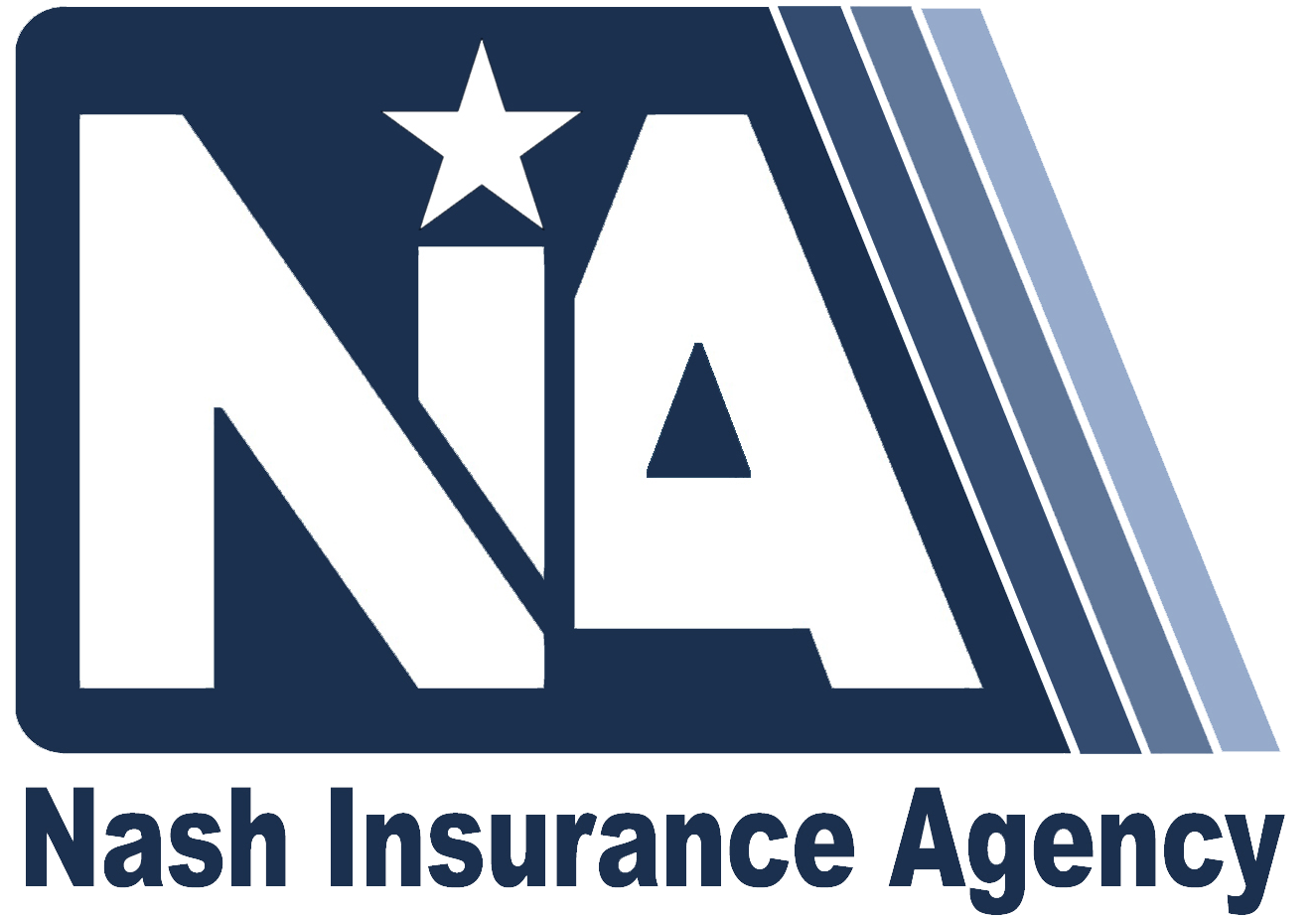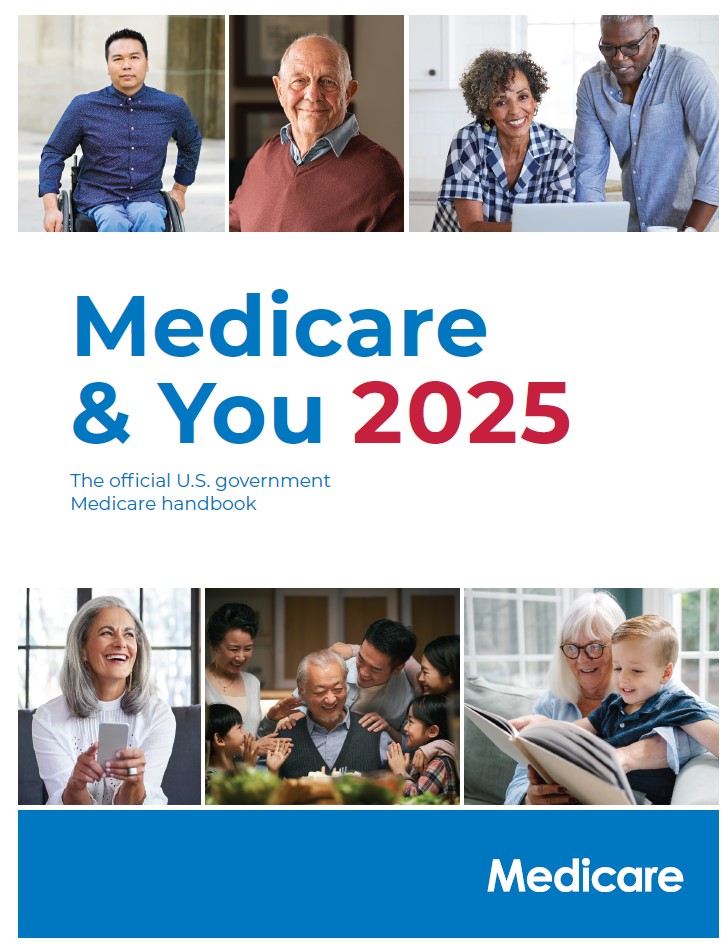MEDICARE PART D PRESCRIPTION DRUG PLANS
Medicare offers prescription drug coverage to everyone with Medicare. If you decide not to join a Medicare Prescription Drug Plan when you’re first eligible, and you don’t have other creditable prescription drug coverage, or you don’t get Extra Help, you’ll likely pay a late enrollment penalty. To get Medicare drug coverage, you must join a plan run by an insurance company or other private company approved by Medicare. Each plan can vary in cost and drugs covered.

2 ways to get drug coverage
-
Medicare Prescription Drug Plan (Part D). These plans (sometimes called “PDPs”) add drug coverage to Original Medicare, some Medicare Cost Plans, some Medicare Private Fee-for-Service (PFFS) Plans, and Medicare Medical Savings Account (MSA) Plans.
-
Medicare Advantage Plan (Part C) (like an HMO or PPO) or other Medicare health plan that offers Medicare prescription drug coverage. You get all of your Medicare Part A (Hospital Insurance) and Medicare Part B (Medical Insurance) coverage, and prescription drug coverage (Part D), through these plans. Medicare Advantage Plans with prescription drug coverage are sometimes called “MA-PDs.” You must have Part A and Part B to join a Medicare Advantage Plan.
What drug plans cover
Each Medicare Prescription Drug Plan has its own list of covered drugs (called a formulary). Many Medicare drug plans place drugs into different “tiers” on their formularies. Drugs in each tier have a different cost.
A drug in a lower tier will generally cost you less than a drug in a higher tier. In some cases, if your drug is on a higher tier and your prescriber thinks you need that drug instead of a similar drug on a lower tier, you or your prescriber can ask your plan for an exception to get a lower copayment.



